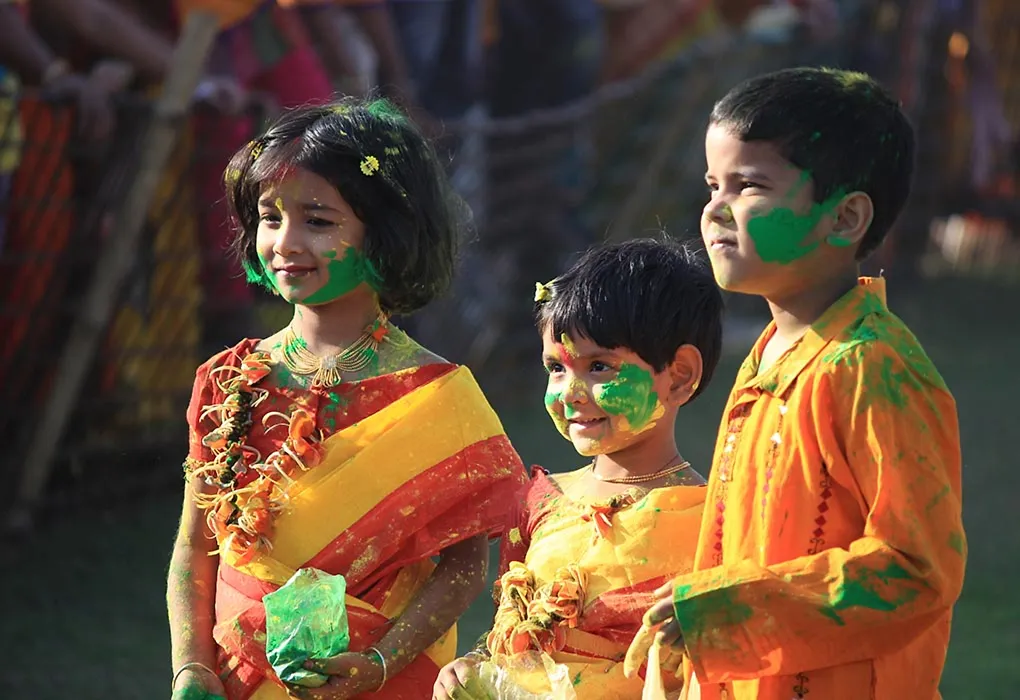1. The Foundations of Hindu Culture
Hindu culture is one of the oldest living traditions in the world, rooted in the Indian subcontinent and extending its influence across centuries. It embodies a way of life that harmoniously integrates spiritual growth, moral values, and social duties. The concept of "Sanatana Dharma," often synonymous with Hinduism, signifies the eternal and universal principles guiding humanity.
At its heart, Hindu culture emphasizes the interconnectedness of all beings, advocating principles like non-violence (ahimsa), truth (satya), and selfless service (seva). These values are interwoven into daily life through practices, rituals, and community interactions.
2. Sacred Texts and Philosophies
The wisdom of Hindu culture is enshrined in its sacred texts, including the Vedas, Upanishads, Bhagavad Gita, and the epics Mahabharata and Ramayana. These texts offer profound insights into spirituality, ethics, and the pursuit of knowledge.
Philosophical schools such as Advaita Vedanta, Sankhya, and Yoga explore the nature of reality and the self, providing timeless guidance for personal and spiritual growth. The Bhagavad Gita, a dialogue between Krishna and Arjuna, is especially revered for its teachings on duty, righteousness, and the path to liberation (moksha).
3. Festivals: A Celebration of Life and Devotion
Hindu festivals are vibrant expressions of joy, devotion, and community spirit. Each festival carries deep symbolic meanings and rituals that honor the divine and celebrate the cycles of nature.
Diwali, the festival of lights, signifies the triumph of good over evil and knowledge over ignorance. Holi, the festival of colors, fosters unity and forgiveness. Other celebrations like Navratri, Ganesh Chaturthi, and Pongal highlight the diverse traditions within Hindu culture, showcasing its inclusive and multifaceted nature.
4. Art, Music, and Dance: Expressions of Divinity
Hindu culture is renowned for its rich artistic heritage, where art, music, and dance are considered divine offerings. Classical dance forms like Bharatanatyam, Kathak, and Odissi narrate stories from Hindu mythology, blending intricate movements with spiritual themes.
Music, particularly Carnatic and Hindustani, often revolves around devotional compositions that inspire spiritual awakening. Similarly, visual arts, including intricate temple carvings and vibrant paintings, reflect the devotion and creativity of Hindu culture.
5. Temples and Sacred Spaces
Temples are the cornerstone of Hindu culture, serving as spiritual sanctuaries and centers for community gatherings. Each temple's architecture is meticulously designed to align with cosmic principles, creating an atmosphere of divinity and tranquility.
Sacred spaces like Varanasi, Rishikesh, and the temples of Tamil Nadu are not just places of worship but also centers of cultural and spiritual education. These spaces inspire millions of pilgrims and seekers on their spiritual journeys.
6. The Global Influence of Hindu Spirituality
Hindu culture's spiritual wisdom has transcended borders, influencing global philosophies, art, and wellness practices. Concepts like yoga and meditation, rooted in Hindu traditions, have become integral to modern lifestyles worldwide.
The diaspora has played a crucial role in spreading Hindu culture, fostering a sense of unity and diversity in countries far from its origin. From literature to cinema, Hindu themes and stories continue to inspire and connect people across cultures.



You must be logged in to post a comment.